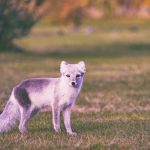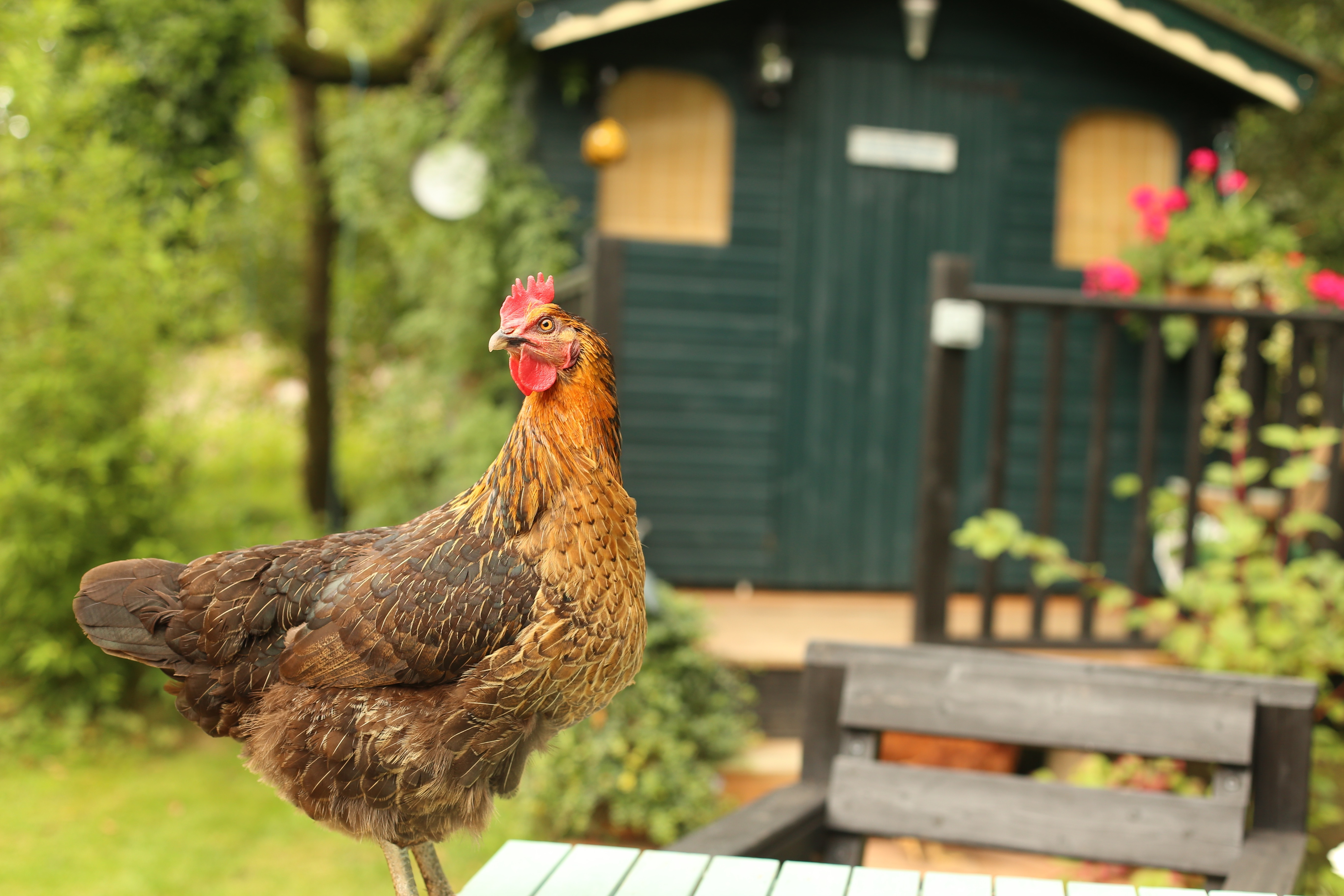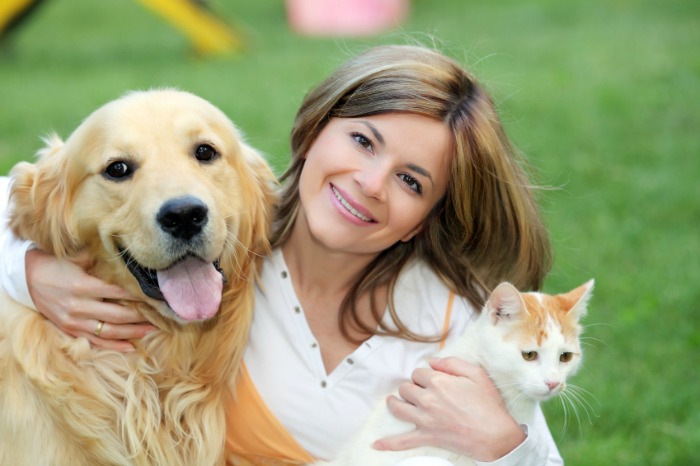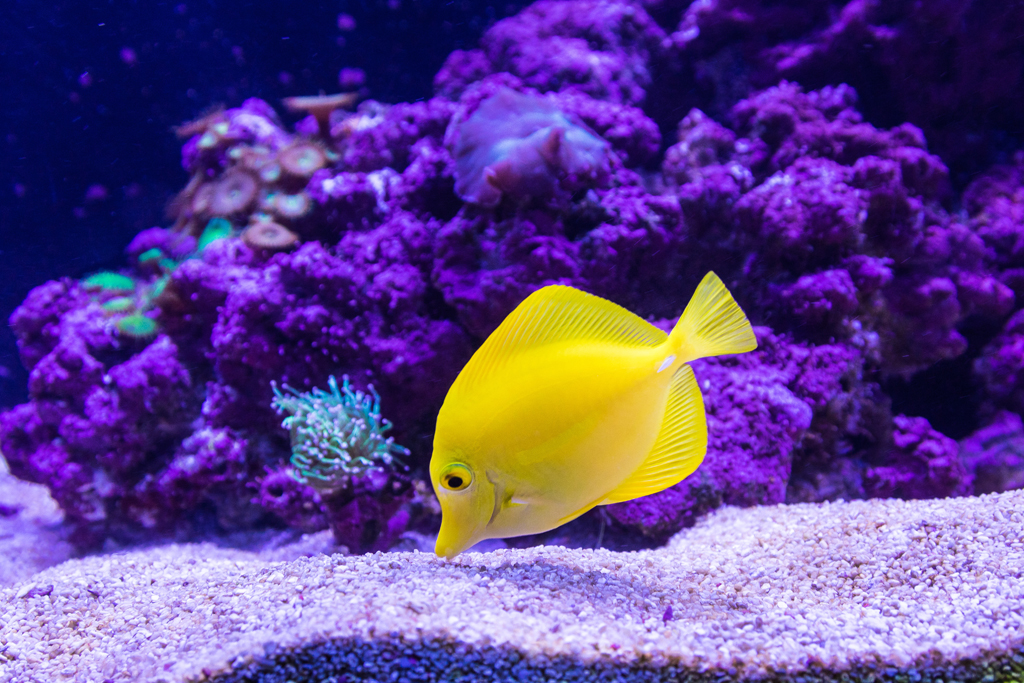Two stories in the news, coincidentally with ties to China, have shocked the world. Two different families purchased dogs and discovered they were actually wild animals. How can this happen? While both animals in the story resemble dogs, they are actually quite different in how they act, what they eat and other habits. Let’s take a look at these stories and the animals they involve.
In the first story, a woman in China discovered that her Japanese Spitz puppy, adopted from a pet shop, was actually a fox. She became concerned when the puppy wouldn’t eat dog food. She also thought it odd that her dog never barked. Changes to the face of the pup’s face and fur also made the woman question the animal’s origins. Eventually the woman took the pup to her local zoo and they informed her it was actually a fox. The zoo is caring for the animal in a healthy way more appropriate to its origins.
How are dogs and fox similar?
The woman had been fooled by the appearance of the fox, which was very similar to the dog breed she selected. The fox was white, fluffy and cute at first. As it grew to maturity, physical changes alerted the woman to a concern. Though fox and dogs are in the same canine family, they are a different species. Fox are definitely wild animals, though some can live with humans. In appearance alone, fox have longer faces and slimmer bodies with bushier tails.
How are dogs and fox different?
Foxes live only two to four years in the wild and are extremely difficult to train. Wild animals in general have a shorter attention span than domestic and are very intelligent. This comes from fending for themselves in the wild. Fox urine is extremely pungent and they tend to mark their territory, making them difficult to house train. Unlike the social pet dog, foxes are timid and may defend themselves by biting if a stranger is around.
A Chinese family owned their pet for two years and finally became suspicious that their dog was a bear when it began to walk on its hind legs. The family thought they had purchased a Tibetan Mastiff puppy for a pet and noticed its voracious appetite. The pet ate a box of fruits and two buckets of noodles daily and eventually grew to be 250 lbs. Once again, a wildlife rescue center came to the rescue and is now taking care of the bear in a healthy way.
How are dogs and bears similar?
Though they are part of the same species, caniformia, dogs and bears are not actually alike at all. In the case of this story, appearance alone was enough to fool the family into thinking they were adopting a puppy for a pet. As the pet grew, it became more and more bear-like in appearance and size. Somewhere back in their genes, dogs and bears probably have a common ancestor but the two are now only distantly related. Dogs and bears share long snouts, a keen sense of smell and furry bodies.
How are dogs and bears different?
Sheer size alone is a big way of telling apart a dog from a bear, as the family in the story found out, as they dog grew larger. Dogs have been domesticated over many thousands of years where bears have not, they are still wild animals. Dogs are members of the canidae family and bears are in the ursidae family, that is how far they have evolved away from each other. Bears bodies have changed and adapted, enabling them to climb trees where dogs have not. This is just one of the differences between pet dogs and wild bears.
If you suspect your new puppy has wild tendencies, it is best to have him or her checked by an expert. Owning and raising a wild animal is illegal in many areas or requires special training and licensing. Without proper knowledge of a wild species, you could harm the animal in your care. Thankfully the people in the stories above had their animals checked out by experts who recommended the proper environments. The animals are now getting the care and food they need along with a nice environment in which to roam. It is best to let wild animals be wild and to keep our furry friends on the domestic side.








